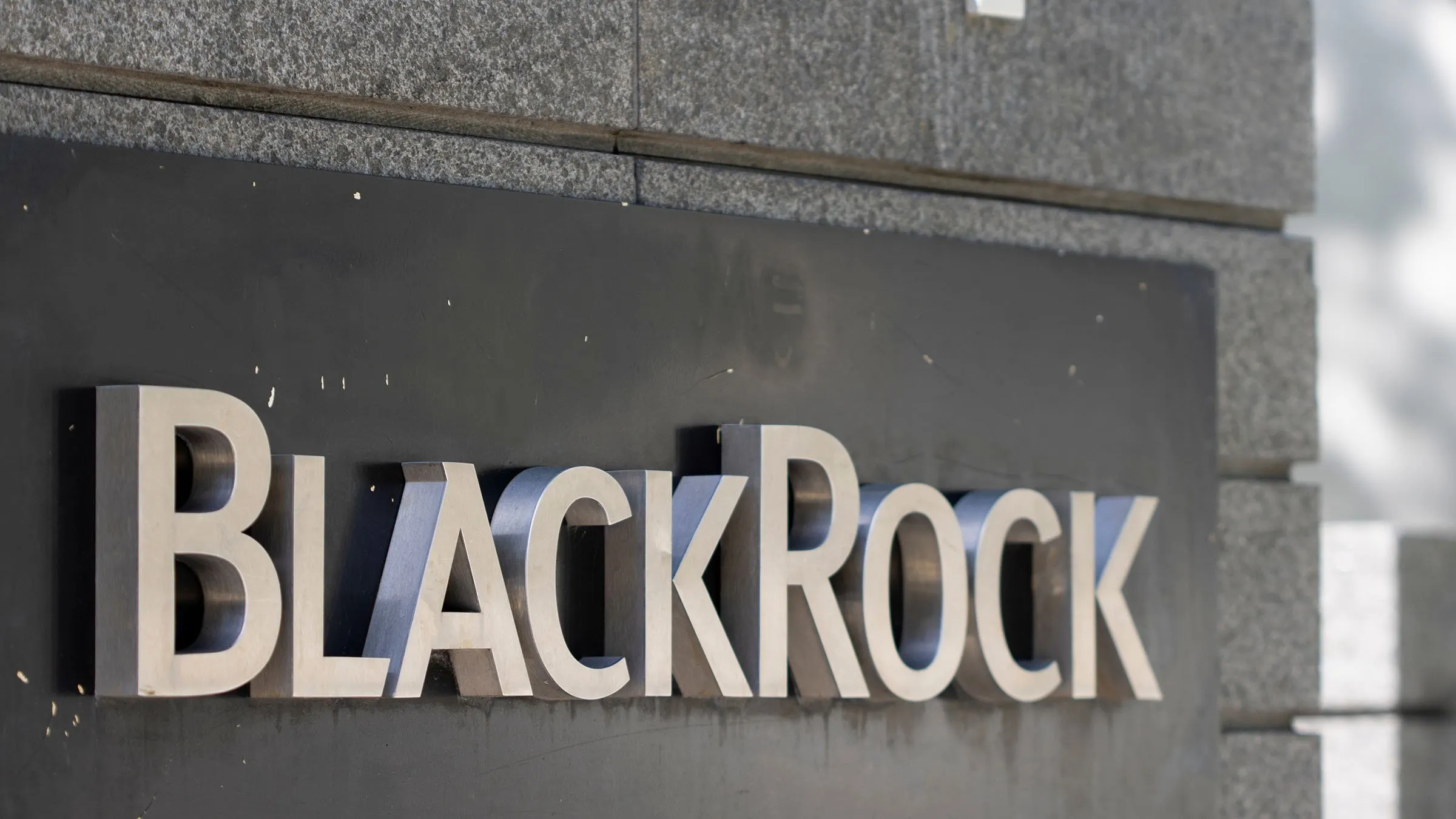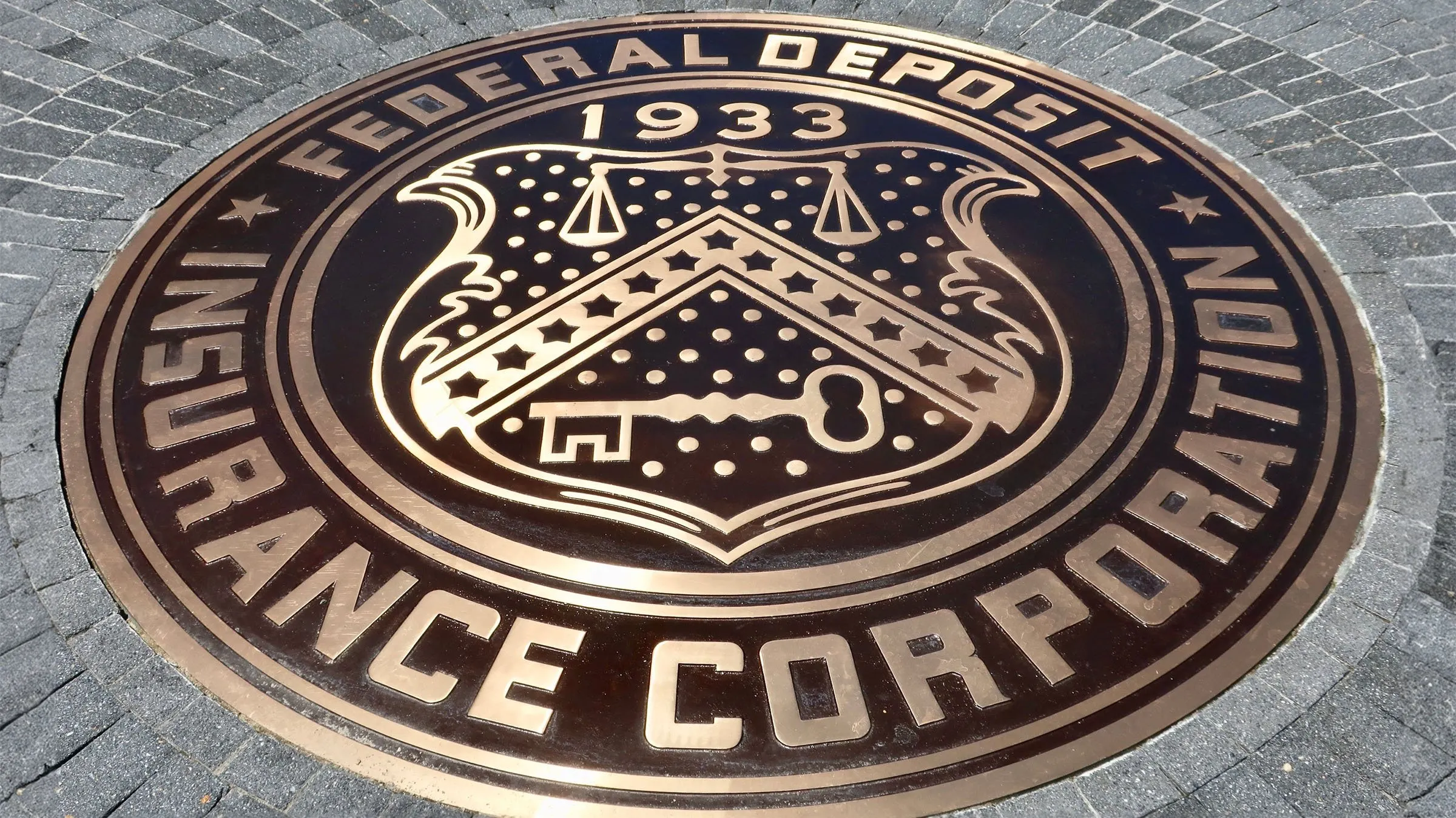The leader of BlackRock's digital asset unit aimed Wednesday to dispel perceptions of Bitcoin as a risky investment as the cryptocurrency market swoons.
In an interview with CNBC's Squawk Box, BlackRock Digital Asset Head Robert Mitchnick said the cryptocurrency industry has promoted the idea that Bitcoin is a risk-on asset, despite the fact the token is “global, scarce, non- sovereign, decentralized.”
A risk-on asset is an investment such as a stock that poses at least some possibility of financial loss to investors.
“What we've seen lately seems to be self-fulfilling and actually a self-inflicted wound by some of the research and commentary that the industry does, leaning into this idea of it as a risk-on asset at times,” Mitchnick told CNBC.
U.S. regulators approved spot Bitcoin exchange-traded funds exchange-traded funds early last year, widening institutional investors’ access to the world's oldest cryptocurrency. BlackRock’s application for a bitcoin ETF is widely considered a turning point in issuers’ efforts to win long-sought approval for these funds.
BlackRock’s application for a bitcoin ETF is widely considered a turning point in issuers’ efforts to win long-sought approval for these funds.
The ETFs now manage about $100 billion in assets with BlackRock’s iShares Bitcoin Trust (IBIT) controlling $46.5 billion of that total. IBIT reached $10 billion assets faster than any fund in the ETF industry’s 32-year history.

BlackRock Adds Its Record-Breaking Bitcoin Fund to Model Portfolios
BlackRock is including iShares Bitcoin Trust (IBIT) in its model portfolio offerings, the asset management giant confirmed to Decrypt on Friday. The world's largest asset manager is adding a 1% to 2% IBIT share to its target allotment for Target Allocation with Alternatives and the Target Allocation with Alternatives Tax-Aware portfolios, which are aimed at investors with higher risk tolerance. "Target Allocation with Alternatives models invest across a full risk spectrum, and allocate to a core...
That rush of institutional dollars helped catapult Bitcoin to an all-time-high price of over $108,000 late last year. But, the asset's ever-volatile price has fallen more than 20% as investors wrestle with the effects of U.S. President Trump's aggressive tariff policies and the possibility of a recession in the U.S. The funds shed assets for five consecutive weeks amid this price downturn.
Mitchnick argued that a steep economic downturn in the U.S. could affect Bitcoin's price “don't really make any sense at all.”
“It's not clear that tariffs are a fundamental bad for Bitcoin,” Mitchnick said. “[As for] economic fears, I don't know if we have a recession or not, but a recession would be a big catalyst for Bitcoin.”
And while a potential hike in interest rates might negatively affect Bitcoin's value, the same would be for other asset classes, such as equities, according to Mitchnick.
The executive also noted that, despite fears over the effect of macroeconomic uncertainties on the token, it is still up roughly 15% since the beginning of November.
“Obviously, 2024 was pretty incredible, pretty historic,” he said. “That fundamentally, we think, is what the long term is. That's why people think of it like digital gold.”
Edited by James Rubin





